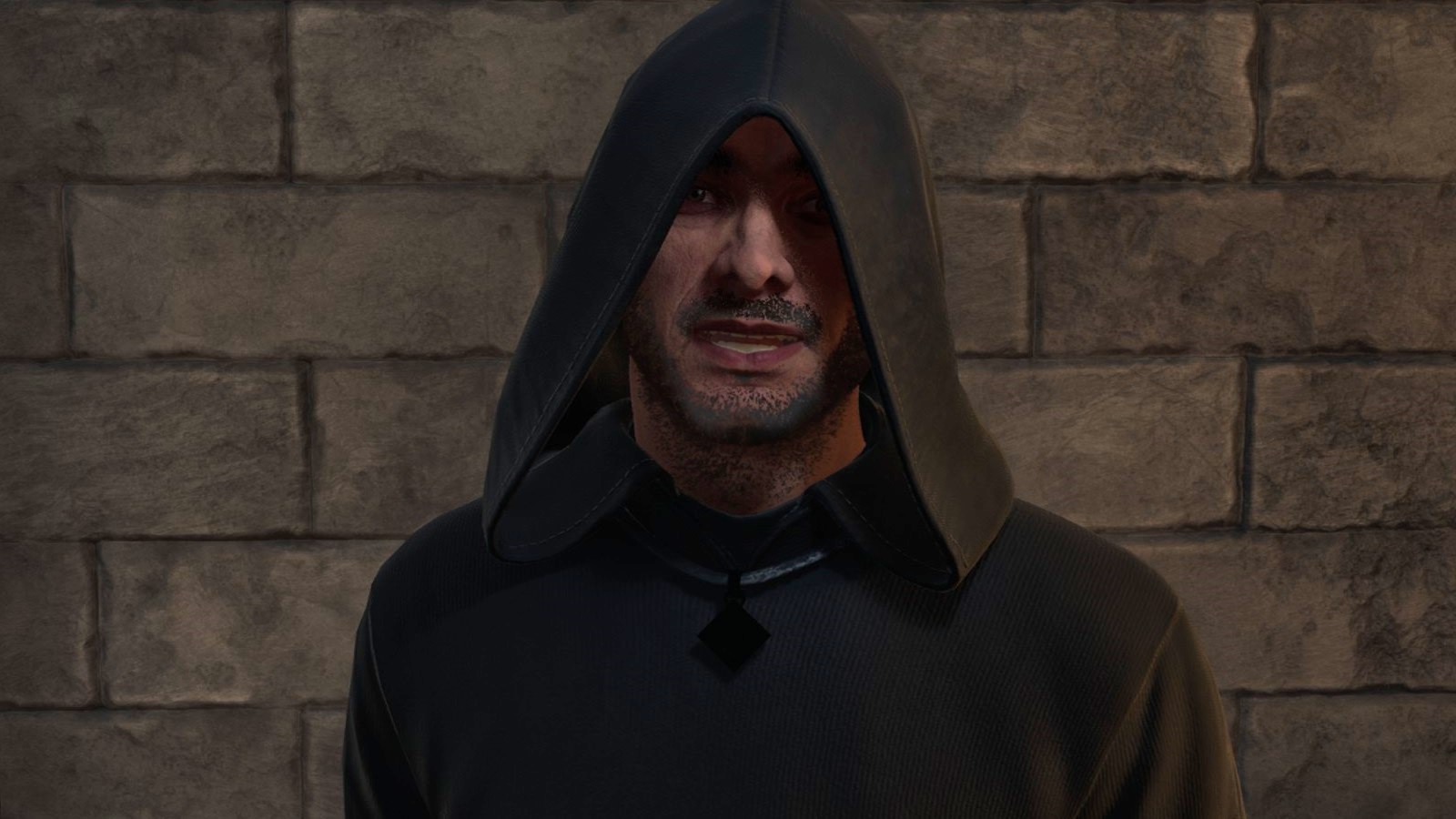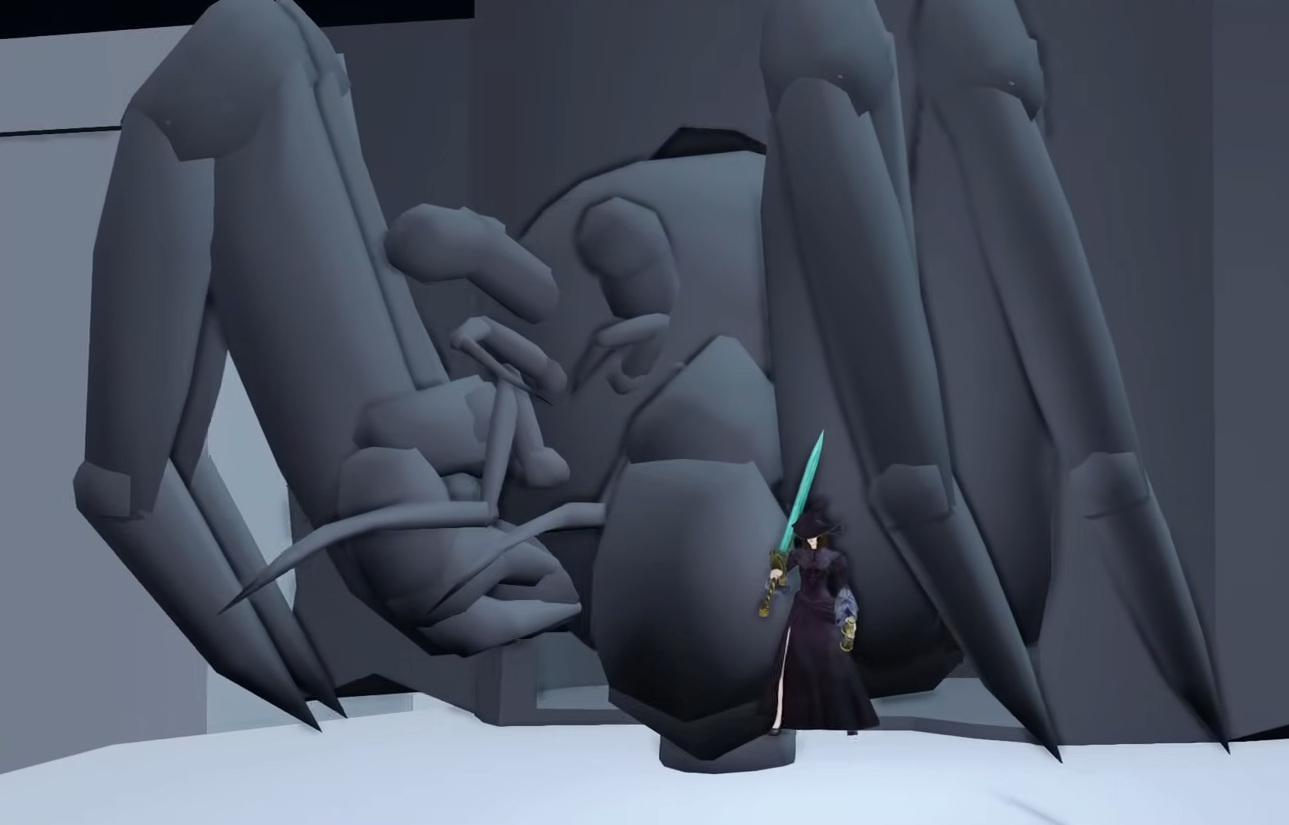Fans in Singapore Celebrate the Birthday of a Beloved Video Game Character
In a vibrant corner of Singapore's bustling shopping district, a unique and heartwarming event took place in mid-April, drawing around a hundred enthusiastic fans to commemorate the birthday of a fictional character named Sylus. This gathering, predominantly attended by young women, highlighted the profound connection many players have formed with Sylus, who they affectionately describe as their collective boyfriend.
The atmosphere was electric as attendees lined up to express their admiration. Many bore roses, while others proudly displayed fan merchandise, eager to snap photos and share the experience with fellow fans. "He's just very manly. The way he speaks is very sweet," remarked Maiyu, an attendee at the event who, along with others, preferred to keep her full name private.
What makes this celebration all the more intriguing is that Sylus is not a real person, but rather a character from the popular mobile game Love and Deepspace, which was launched by the Chinese game developer Papergames in January 2024. The game invites players to step into the shoes of a female protagonist navigating the futuristic landscapes of Linkon City, where she encounters various quests and has the option to pursue romantic relationships with five intriguing male characters, including Sylus.
The burgeoning popularity of Love and Deepspace, as evidenced by gatherings like this one in Singapore, underscores a significant trend in gaming: fictional characters increasingly fulfill emotional and romantic needs for players. While the game is free to download, players often invest in in-game currency, such as digital crystals and diamonds. For example, a pack containing 60 crystals is available for $0.99, which can be used for purchasing outfits, stamina boosts for battles, or exclusive gift packs.
One reason for the game's allure lies in its classification as an "otome" game, a genre that allows players to cultivate romantic relationships with its characters. The five male leads are designed with features reminiscent of K-pop idols, characterized by pale skin, strong jawlines, and distinctive hairstyles that vary from silver to deep purple. This aesthetic is particularly appealing to the female audience, providing them with the opportunity to engage in a virtual relationship that offers a tailored experience, devoid of the complications often associated with real-life dating.
Nick Ballou, a researcher from the University of Oxford specializing in the psychology of video games, notes that otome games have a long-standing history of popularity due to the unique chance they provide for players to experiment with different identities. Its always been fun to experiment with new identities. For example, being a cheeky flirt in contrast to one's shy self, being the most interesting person in the room, and wielding the power to choose among several interested partners, he explains.
For many attendees, Sylus represents a perfect partner, even surpassing any real-life relationship experiences. Maiyu, a 35-year-old customer service representative, openly declares Sylus as her boyfriend. She spent a substantial amount of time playing the gamefour hours dailyand mentioned that her relationship with Sylus provides her with emotional support. "After a long day, I play the game just to wind down," she said, adding that she has invested nearly 4,000 Singapore dollars (approximately $3,050) on merchandise and in-app purchases during her year-long engagement with the game.
Alice, another fan who is currently studying psychology, shared her appreciation for Sylus, noting his respectful demeanor and his ability to provide companionship when needed. In a moment of distress over a disappointing academic result, she turned to the game for comfort. "He said, in a sweet, sultry voice, all these really sweet words, like, 'It's just a grade. It doesn't define you. Who hurt you? I'll just have a talk with them. We can work on it together. How about I take you out for dinner?'" This interaction illustrates how the game fosters a sense of connection and support that many players find lacking in their real lives.
The event was also marked by various fan activities, including a large screen displaying a 20-second fan edit of Sylus, and a fan who brought a stuffed doll of the character's likeness. Yuka, one of the event organizers, noted her inspiration from similar fan gatherings in China, aiming to highlight the local fan base in Singapore. "I thought public events are the best way to show everyone in the world that Singapore loves this character," she stated.
Despite being relatively new to the gaming space, Love and Deepspace has rapidly gained traction, boasting a significant fanbase across Asia and beyond. The game's official Instagram account announced in January that it achieved an impressive milestone of 50 million global active users. Recent statistics from AppFigures indicate that in March alone, the game was downloaded 150,000 times via Apple's App Store and 65,000 times on Google Play, generating substantial revenue of $6 million and $4 million from the respective platforms. It ranks as the second-highest-grossing app in Singapore's Apple App Store.
This phenomenon is reflective of a broader trend in the Chinese gaming industry, where other titles like Tencent's Honor of Kings and Genshin Impact have similarly amassed large audiences and significant revenue streams. According to Ballou, the increasing popularity of games like Love and Deepspace can be attributed to rising levels of loneliness, decreasing face-to-face interactions, and changing social norms regarding dating.
Peter Chew, an associate professor of psychology at James Cook University in Singapore, cautions that while the game offers an escape into a perfect world, it may lead players to expect unrealistic standards from real-life partners. He warns, "There might be problems if women apply the same standards to romantic partners in real life. Such standards might increase the difficulties in finding or maintaining an existing romantic relationship. Despite the positive reactions and connections fostered through the game, the potential consequences of idealized virtual relationships warrant careful consideration.
Representatives from Papergames, the developer behind Love and Deepspace, did not provide a comment when approached for insights on the game and its cultural impact.



























